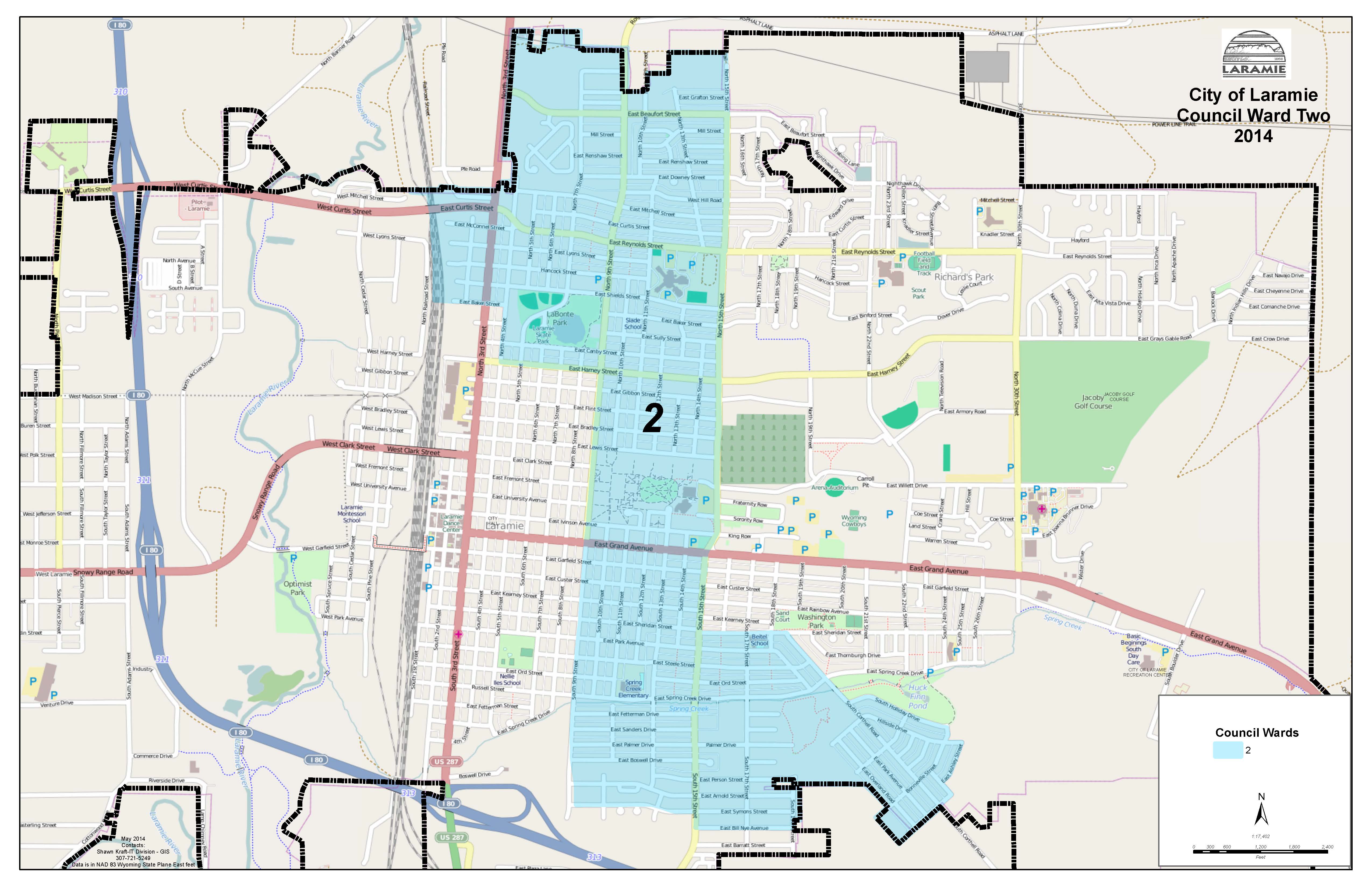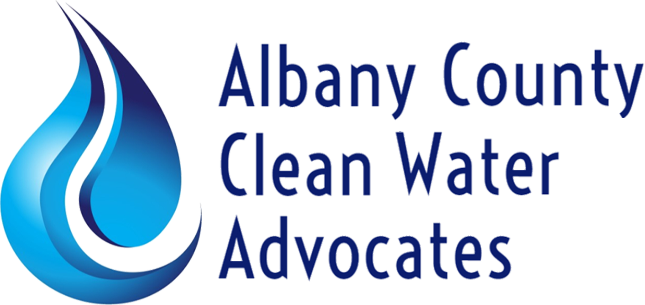
Candidate Paul Weaver is running unopposed.
The Aquifer Protection Overlay Zone (aquifer recharge area) lies mostly in the county, while the Casper Aquifer provides about half the drinking water for the vast majority of county residents who live in or near the City of Laramie. Recognizing this common interest, the Casper Aquifer Protection Plan began as a joint city-county document.
1. As a City Councilor, would you support returning to a unified Casper Aquifer Protection Plan? Please explain your answer.
PAUL WEAVER (Ward 2): Yes, I believe any opportunity for the County and City governments to collaborate and make policy around shared goals is a win for our residents. Taxpayer resources go farther when local government cooperates. A shared vision between agencies would benefit our residents in both the City and County. This illustrated by the way we share Fire and Ambulance services. As the question implies there was once a greater degree of inter-governmental cooperation around this issue. I believe that this spirit of partnership is still possible to reclaim. It will require a dedicated effort by the community to hold policy makers accountable. It will also require a vision for water protection that is put forth by a majority of Albany County residents. I hope to be a part of that discussion.
2. What do you see as the major issues affecting the Casper Aquifer, and how would you address them?
PAUL WEAVER (Ward 2): At present the largest problem is the lack of a long-term joint protection policy that plans for the future of our community. The Pilot Hill project is an excellent first step that I wholeheartedly support but it is only one component of a complicated issue. Finding solutions will require that we take a serious and science based approach. Well monitoring throughout the community is a key element in the process of collecting data on water quality. This data should be used to inform our policy decisions as we go forward. Continued monitoring of wells within the Casper Aquifer area and collecting and analyzing the best possible available information to guide policy seems like a good approach. The city of Laramie is poised to grow, it has been growing, and ensuring that growth takes place in a community with and abundant and well maintained water resource should be a top priority.
3. Are there other city water-related issues you have concerns about? If so, please describe, including how you would approach the issue(s).
PAUL WEAVER (Ward 2): Maintaining our water service infrastructure throughout the City is vitally important, for many years the city adopted a reactive approach to infrastructure repair. The motivation may have been to keep utility rates low but the long-term result was a burden on taxpayer dollars. The City and its residents have emerged, after many difficult years of rate increases and significant expenditure of special purpose tax dollars, into a period of some rate stability. It is tempting to use this achievement as the justification for decreasing allocations to water infrastructure, this would be a mistake. It is true that continued maintenance programs will require pay as you go spending but the long-term benefit is that it will hold rates to a level of stability and predictability. This is a good investment for our taxpayers.
